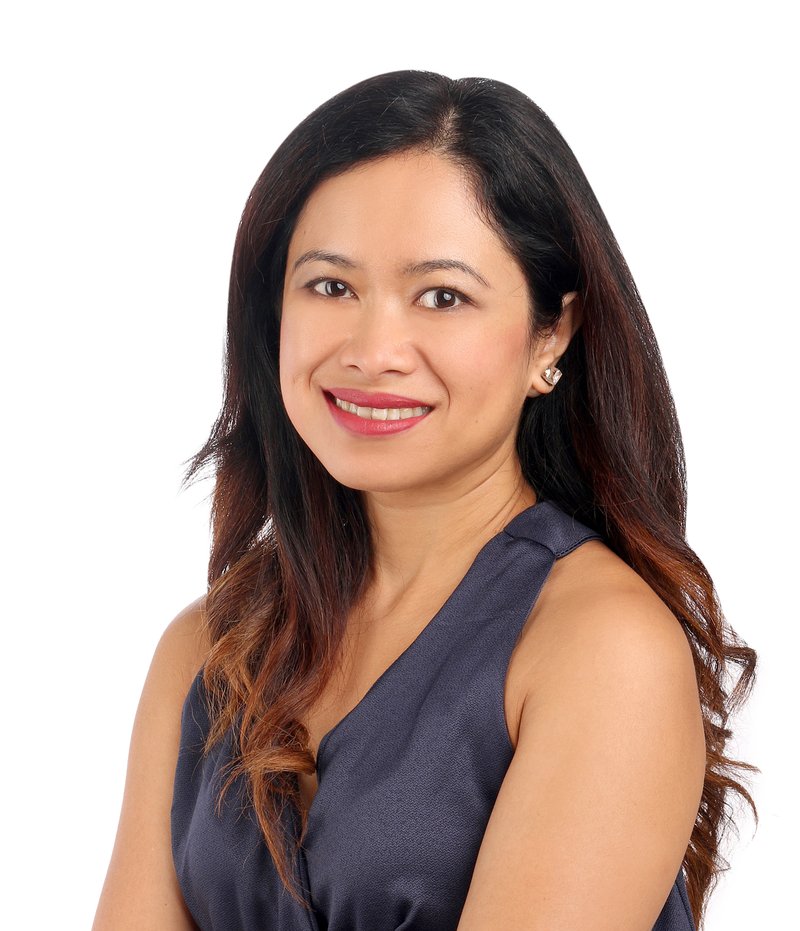Kristine Guzman

In 2021, 50 contemporary art curators, researchers, and museum professionals from 32 different countries were awarded support to attend the CIMAM 2021 Annual Conference, in-person and online.
For the first time, and thanks to the generous support of The Getty Foundation who sponsored the virtual platform, 27 grantees attended the conference online, while 23 attended onsite.
Launched in 2005, CIMAM’s Travel Grant Program is designed to foster cooperation and cultural exchange between contemporary art curators and museum directors in emerging and developing economies and their counterparts in other regions of the world.
Kristine Guzman's Conference Report
The CIMAM Annual Conference coincided with the Glasgow Summit on Climate Change. While world leaders called for national plans to cut down on greenhouse gas emissions, 150 professionals from the museum world held their own discussions of "museums as places to foreground proposals and strategies for future communities" in a post-Anthropocene world.
What does climate change mean in historical thinking? What kind of world do we want to live in together? How can we contribute to living more sustainably? What kind of practices with a transformative power can be put into practice? How can museums be more sustainable in the broadest sense? These were some of the questions that arose during the CIMAM Conference. And while it is hard to gather real prescriptions as there is no straight path towards the goal, art can provide a roadmap, one that has been accelerated by the pandemic and has brought to light other topics of concern such as social inequalities and diversity, and socio-ecological crisis.
Dipesh Chakrabarty's graphs were quantifiable methods of representation of our planetary condition. However, as TJ Demos affirmed, visual imagery is central to how people develop a sense of the meaning of the era we live in, an era Maristella Svampa defined as one that emphasizes civilizational collapse seeks capitalist-technocratic solutions and promotes different forms of anti-systemic resistance. The examples of care and commonality provided by Pelin Tan, Binna Choi, and Otobong Nkanga have been very inspirational and has prompted me to rethink our own strategies at MUSAC in reaching out and establishing ties with our local communities, as well as our roles and responsibilities in a climate emergency, to which we can contribute by progressively adapting sustainable alternatives to processes of team management, art production, and exhibition.
I would like to sincerely thank the CIMAM Board and organizers for the opportunity to attend this Conference and interact with other professionals who share the same passion for art. It has been a very enriching experience for me. I would also like to thank our hosts in the cities of Lodz and Gdansk for their hospitality and attention. Our planet is indeed "under pressure," but as a collective of leaders and initiators, we can enable change through art.